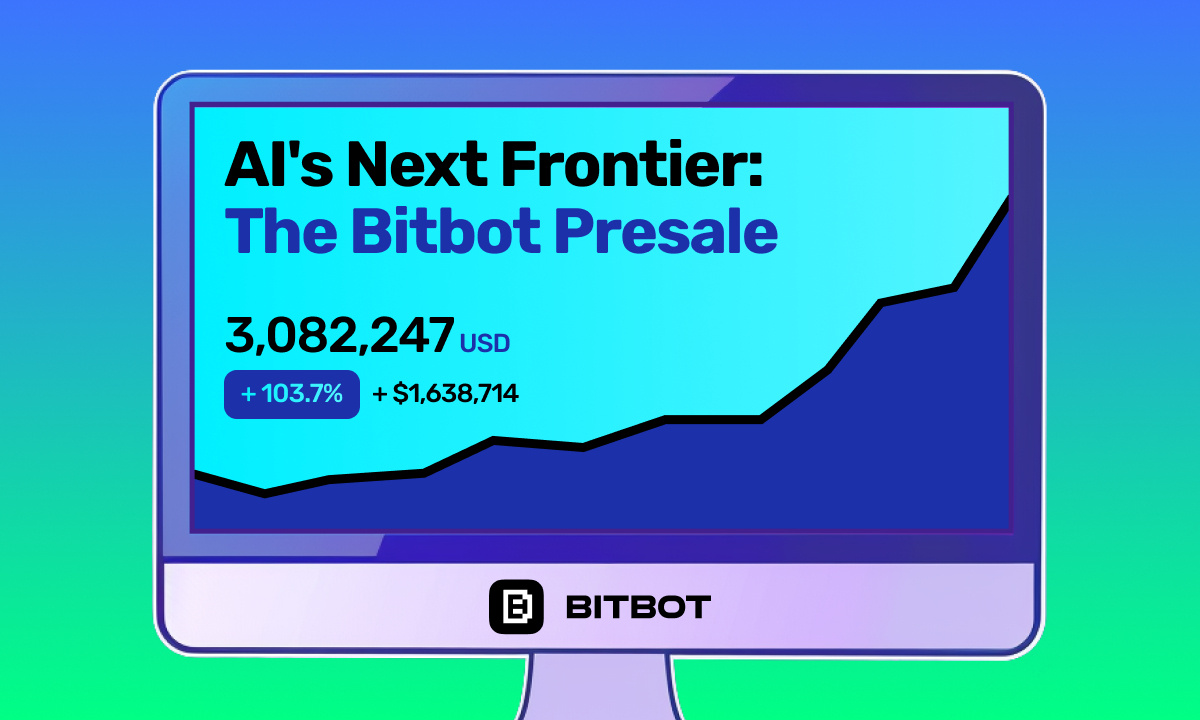Sweden Wants To Test How Well E-Krona Works For Smart Payments.
The Swedish central bank says it wants to review how a new e-krona may encourage ‘smart payments,’ which some believe are the way money will be used in the future.

The Riksbank hailed the E-Krona experiments to merge state-backed digital money into traditional banking systems a success in a paper released on Wednesday, but said it was still looking into claims of the promised benefits the new technology may offer.
The capacity to program or manage transfers – such as triggering a payment when a contract is met or granting pocket money that can’t be spent on sweets – has been mentioned as a potential advantage of central bank digital currency (CBDC), but Swedish officials want to go further.
The central bank said in the report:
“Concepts such as programmable money, smart money and smart payments are often said to be the future of payments, and this is used as an argument in favour of the new technology,”
Though no decision on the design or issuing of an e-krona has been made yet, the central bank stated that in the following step, “we want to test and explore how such solutions can be used to create new payment services, and why they would be more effective than more traditional technologies.”
A trial to integrate existing intermediaries such as banks to distribute the CBDCs to regular citizens was deemed “successful” by the report, as were off-line solutions in which the asset can be stored locally on someone’s phone.

The report said:
“Consultation with both the Swedish and the European Data Protection Authorities may be necessary to clarify how a solution based on DLT/block chain technology relates to data protection regulations,”
This is in relation to the continuing argument over whether crypto-style blockchain technology would help or hurt consumer privacy.
Marina Niforos, Affiliate Professor at HEC Paris, said that blockchain “might ultimately be the only solution left in terms of being able to embed privacy by design” into a prospective new digital euro. She went on to say that cryptographic processes have the capacity to ensure that data is only accessed by those who need it.
However, Hyun Song Shin of the Bank for International Settlements said in a webinar on Wednesday that blockchain might lead to a free-for-all of payment data.
Join CoinCu Telegram to keep track of news: https://t.me/coincunews
Follow CoinCu Youtube Channel | Follow CoinCu Facebook page
Patrick
CoinCu News



















